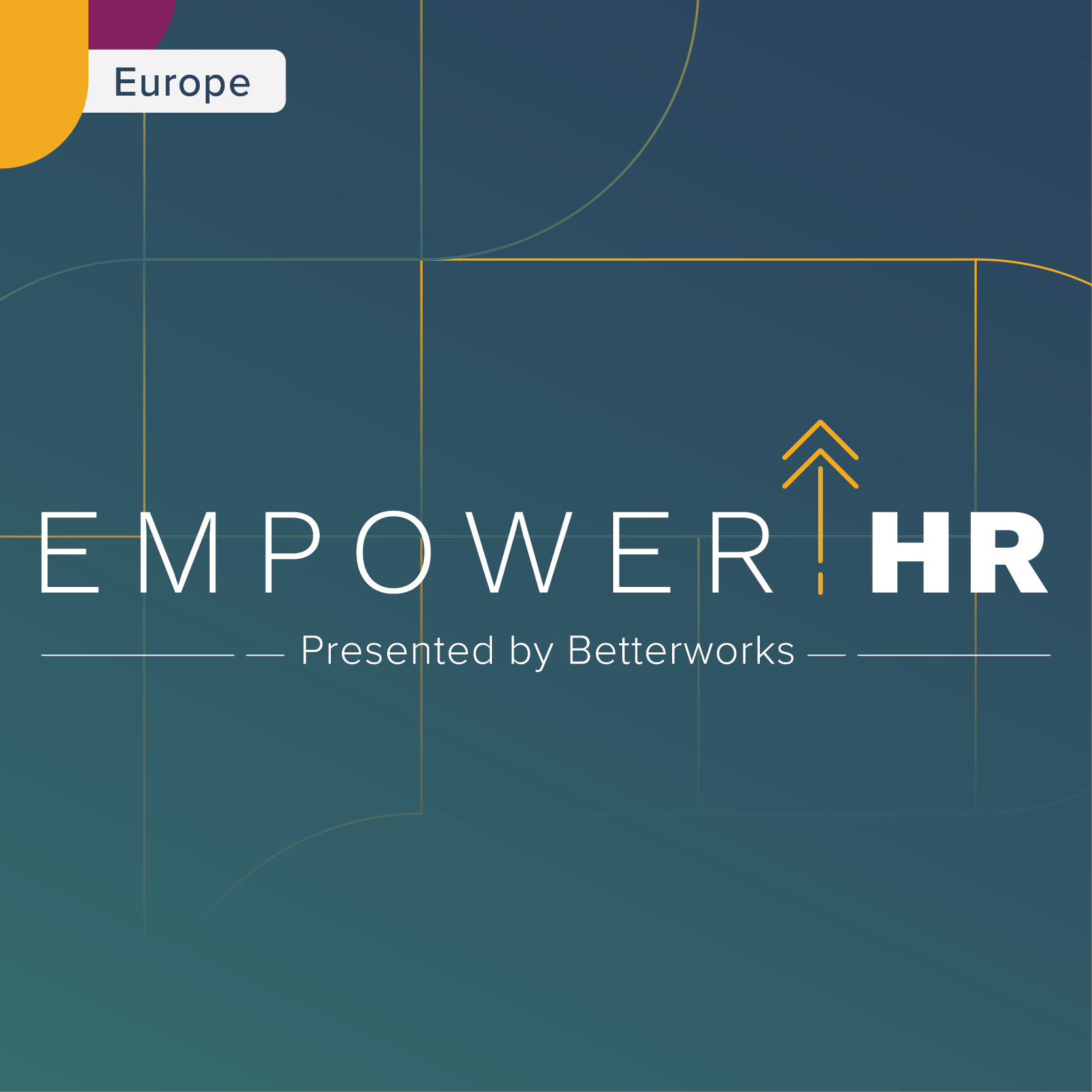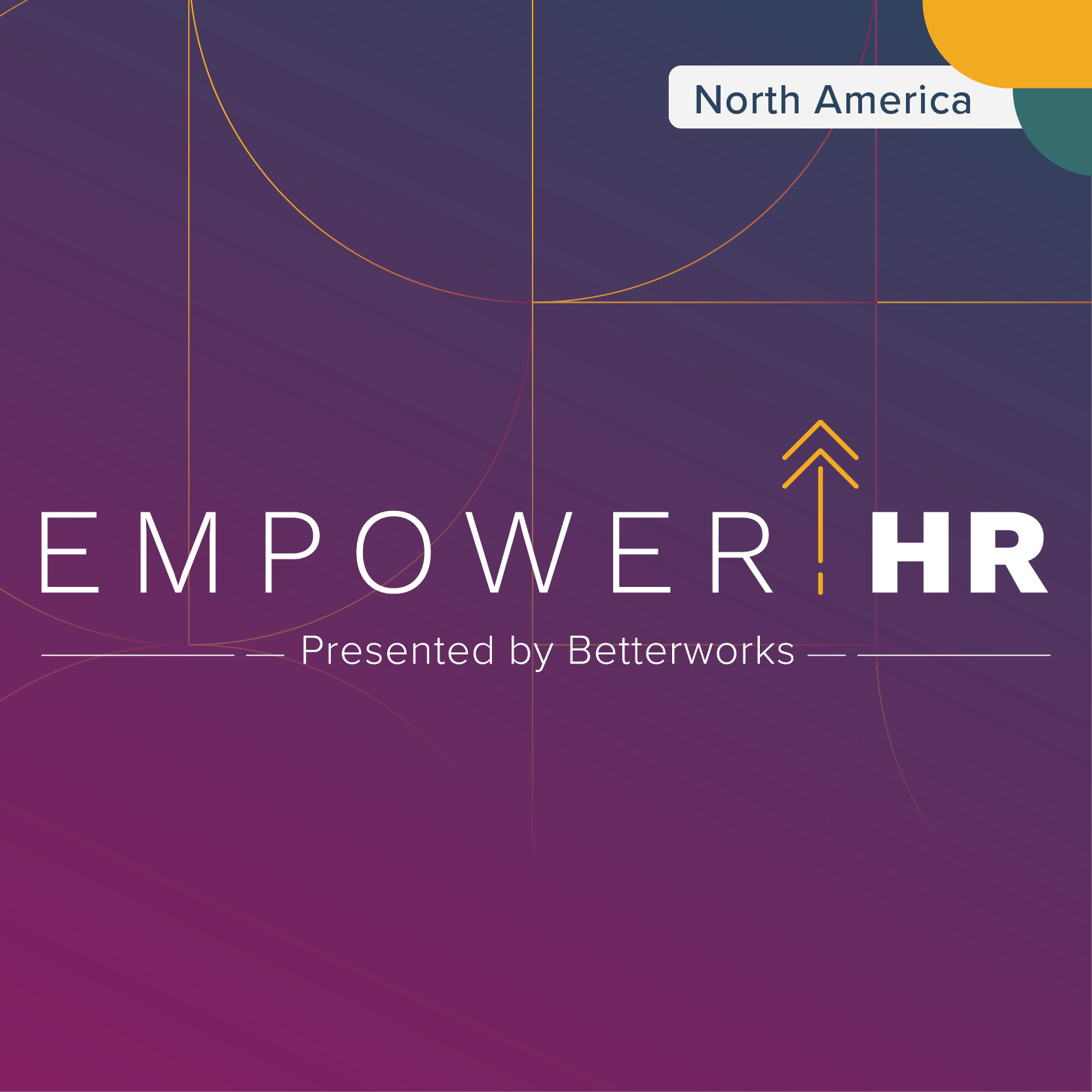Laurie Ruettimann has dedicated her career to fixing work for everyone. And businesses increasingly are getting the message. Since the COVID-19 pandemic began, more companies are rethinking their people processes and challenging HR leaders to do better.
Now is the moment to make work better, says Ruettimann, author of “Betting on You” and founder of Punk Rock HR. “Placing performance management at the center of your HR department, even just thematically,” Ruettimann says, “can give you a new and insightful lens to fix the world of work.”
We invited Ruettimann to emcee our upcoming Empower HR virtual event, where she’ll share her refreshing perspective on how to fix work. Ahead of the event, we talked with Ruettimann about why fixing performance management is the first step in making work better.
Redefining performance
Before we can fix performance management, we need to redefine what it means — and why it should align closely with business results. “Really understanding performance means really understanding the strategic imperatives of the business,” Ruettimann says. “Let’s get granular about performance.”
That requires “a crystal-clear look at business goals and objectives,” Ruettimann says. HR leaders need to drill down into what good performance means and connect the business plan to specific roles, tasks, and actions. “It’s a phenomenal opportunity to have those conversations, and quite honestly, it’s long overdue,” Ruettimann says.
Performance enablement is more than just a strategy; it should also be part of your workers’ routines through frequent conversations with their managers. These check-ins give leadership and HR a window into employee challenges and experiences, including the real state of diversity, equity, and inclusion.
A modern approach to performance management helps you “equip those long-beleaguered middle managers to be strategic partners with the workers,” Ruettimann says, “and also tie in the work that’s being done to the strategic imperatives of the organization.”

Embracing HR’s transformative power
HR professionals play the most important role in fixing work. “When you work in human resources, you have a real opportunity to empower and enable people to do great work and to have meaningful conversations with their managers,” Ruettimann says.
To do that, she says, apply the fundamentals. “By creating a great HR experience, by creating a solid infrastructure, and also leaning into these principles of good communication, of trust, of empathy and compassion,” she says, “you’ll create a culture in your organization that is completely transformative.”
Emphasizing fundamentals and human connection is how you build trust — and that’s essential for transformation that sticks. “People will be less suspicious, less cynical when there is change,” Ruettimann says. “They will appreciate your candor. They will approach change with a level of trust instead of doubting or judging you.”
With the basics of good communication and a healthy culture in place, you can build out great processes and implement cutting-edge technology that serves the workforce’s needs. “When I first started working in human resources, HR technology was email and Excel,” Ruettimann says.
Today’s HR tech can “create an employee experience that’s cohesive, that’s meaningful — but is also theirs and not HR’s,” she continues. “I get excited when HR technology is not branded as HR. It’s just part of your everyday operations.”

Putting yourself first
Transforming work takes a lot of effort, and burnout remains a big risk for HR leaders. While burnout is nothing new, recent generations have centered more and more of their lives and worth on their job. “We’re living a softer, easier life in many ways than our ancestors,” Ruettimann says, “yet we talk about burnout a lot more.”
The pandemic’s stressors and disruptions to workplaces have only made this burnout worse. “Distributed work, hybrid work, the crazy chaotic way that we’re trying to figure out the workforce and the work structure of the next decade is contributing to a lot of burnout, to people feeling exhausted and like they can never turn it off,” Ruettimann says. “I think we also have technology that’s ever-pervasive and compelling us, by design, to be online all day long.”
If we’re going to fix work, your employees need to be empowered to set boundaries for themselves — and that starts with you.
“You’re the canary in the coal mine. You’re the leading indicator of how your workforce feels,” Ruettimann says. “But I’m optimistic that human resources leaders can be leaders in terms of boundaries and well-being. I believe we fix work for other people by fixing ourselves first.”
Want more insights into making work better? Don’t miss Empower HR.
Empower HR | April 19, 2023 Virtual Event










